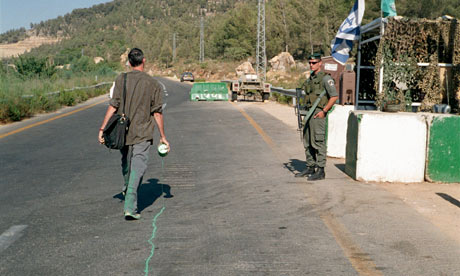
The BP oil spill in the Gulf of Mexico was now over 6 months ago yet the furore surrounding BP's sponsorship of the Tate already seems long forgotten. The Tate remains a global icon and resolutely refuses to be tainted by the capitalist agenda of an oil giant. Perhaps this signifies that the job of the corporate sponsor is obsolete but far from it. For their generous investment they gain discreet advertising, name association and a venue for corporate entertainment of big cheeses. The public in turn receives a global tourist destination, astounding exhibitions, free entry to an enviable permanent collection and promotion of British art.
In the current climate governmental grants are simply not enough and though the cuts to the DCMS haven't been as harsh as some feared they will still have a knock-on effect throughout the arts industry. If it wasn’t BP sponsoring galleries such as the Tate it would be another corporate heavyweight; their funding has become a necessary evil and beneficial to all. The Tate takes its name from Henry Tate, founder of Tate & Lyle who offered his collection to the nation and a place in which to house it. The company’s alleged murky past in slavery does nothing to abate the flow of visitors, nor to the British Museum, the National Portrait Gallery and the Royal Opera House, all of whom BP partners.
Perhaps at times sponsorship can divert attention away from the purpose of the art it sponsors but if anything, the art world enjoys exorcising their democratic right to protest which simply encourages publicity and this can only be a good thing. BP claims their support surmounts to a ‘promoting ideas, inspiring creativity and supporting the social and economic fabric of the UK’ which seems reason enough to accept their funding, at least for the moment. Only when the Tate becomes ‘BP Tate’ displaying petrol pumps in the turbine hall and charging £20 entry should there be any worry. Until this time the arts should continue to take full advantage of the benefits of sponsorship whether it be from oil giants or not.

